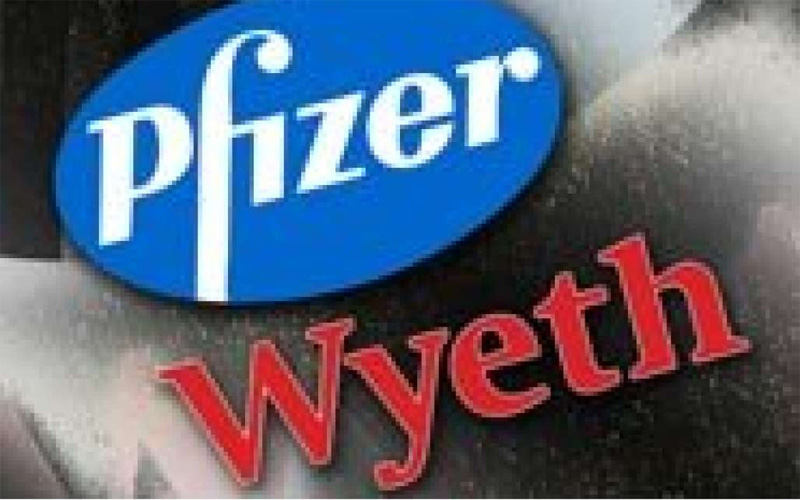In April 2016, the U.S. Department of Justice announced it had reached a settlement with Pfizer, Inc. concerning allegations its recently acquired subsidiary Wyeth had defrauded the Medicaid program with an elaborate and deceptive pricing scheme that had enabled the company to underpay on rebates. Pfizer acquired Wyeth in 2009, about three years after Wyeth halted the illegal activity referenced in the settlement, and seven years later was on the hook for $785 million.
But let’s not shed any tears for Pfizer; it’s not like they were innocents caught unawares. Pfizer itself is a repeat offender in the drug fraud arena, having been slapped with the largest drug fraud penalty in U.S. history in 2009. Its management assuredly knew about Wyeth’s past conduct — not knowing would have been corporate malpractice — and the necessity of a costly settlement was no doubt figured in the price of the acquisition.
The drugs at issue were Protonix Oral and Protonix IV, proton-pump inhibitors which reduce stomach acid output to treat acid reflux. According to the DoJ, Wyeth sold the drugs through a bundled sales agreement that allowed hospitals to earn significant discounts based on usage. The scheme was designed to gain a competitive edge on existing oral PPIs, which were established as safe and effective, and was competitively priced. Wyeth reasoned that if they could control hospital usage, discharged patients would continue to use their PPIs, but now at full price. In many cases, that full price would be charged to Medicaid.
However, Medicaid law requires drug companies to report the best prices and to pay rebates on the drugs so that Medicaid receives that best price. Wyeth failed to report its bundled discounts, denying Medicaid hundreds of millions of dollars in savings from 2001 to 2006.
Medicaid is the largest U.S. government program to provide healthcare for the poor and disabled. When a company steals from Medicaid, they are not picking the pockets of their rich Uncle Sam. They are victimizing the poorest and most vulnerable of our citizens. These are the people most of us feel compelled to help, but Wyeth chose to kick them while they were down.
The legal action that held Wyeth and Pfizer accountable started with two whistleblowers who filed qui tam lawsuits under the False Claims Act. As a result, Lauren Kieff, a former hospital sales representative for AstraZeneca Pharmaceuticals, LP, and William St. John LaCorte, a New Orleans, Louisiana physician, received a share of the U.S. government’s recovery amounting to $98,058,190. That’s not a bad payday for being a good citizen.
